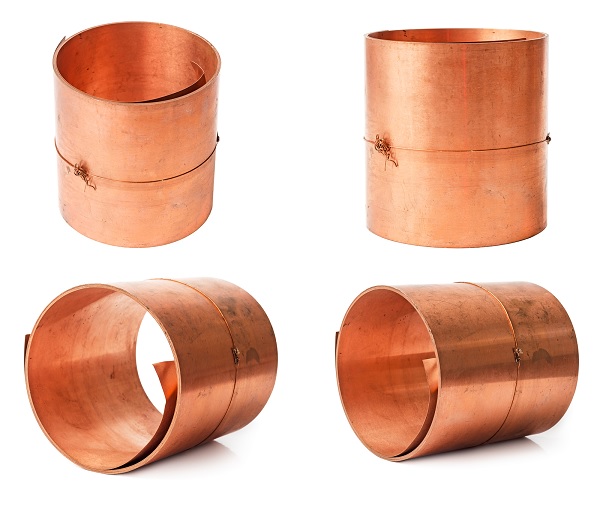The plumbing of the future won’t be literally “lead-free,” but its lead content would be far too low to be a major health risk. The Reduction of Lead in Drinking Water Act (RLDWA) is spearheading the effort to minimize lead exposure by requiring plumbing manufacturers to fabricate parts with only 0.25 percent lead content. The requirement has been in effect since January 2014.
Over the course of compliance, however, manufacturers have raised some concerns, primarily about the solderability of lead-free brass. For one, the difference in soldering temperatures between lead-based and lead-free fixtures may require changes in familiar soldering patterns. However, the Copper Development Association (CDA) pointed at the soldering procedure.
In Recommended Practice for Soldering of No-Lead Copper Alloys, the CDA stressed the fact that joints should never be treated as a “single homogenous assembly.” In fact, the base metals that make up brass—copper and zinc—have varying thermal conductivities (TC). Any change in the copper-zinc ratio can affect TC and improve solderability.
It’s not unusual, in this case, to melt the joint’s metals beyond the melting point to ensure a more secure solder. The mixture of copper, with a TC of 231 Btu/hr.-ft.-F, and zinc, with a TC of 67 Btu/hr.-ft.-F—assuming a 70-30 mixture—results in yellow brass with a TC of 69.3 Btu/hr.-ft.-F. If it were copper alone, it won’t take much to heat it quickly.
With every inch of plumbing across the U.S. gradually phasing out lead fixtures, plumbers and other involved industries should adjust their current practices to accommodate these changes. Safety has always been the name of the game in plumbing, so changes in comfort zones aren’t unusual.
Brass is one of a handful of materials that meet RLDWA standards. Residential and commercial establishments want nothing less than safe drinking water, and quality brass extrusions should be on a plumbing manufacturer’s list. Fabricators like Rotax Metals can supply brass materials for plumbing and heating applications, including custom parts that would fit the requirements of various homes and businesses.
Manufacturers don’t have to worry about getting the right composition of brass. Fabricators are experts in mixing the right amount of base metals to fulfill custom orders, not just for plumbing. Quality brass sheet metal, for example, can be made out of different mixtures of metal, each with its own distinct properties.
(Source: “Recommended Practices for Soldering No-Lead Copper Alloys,” ACHR News, December 8, 2014)


